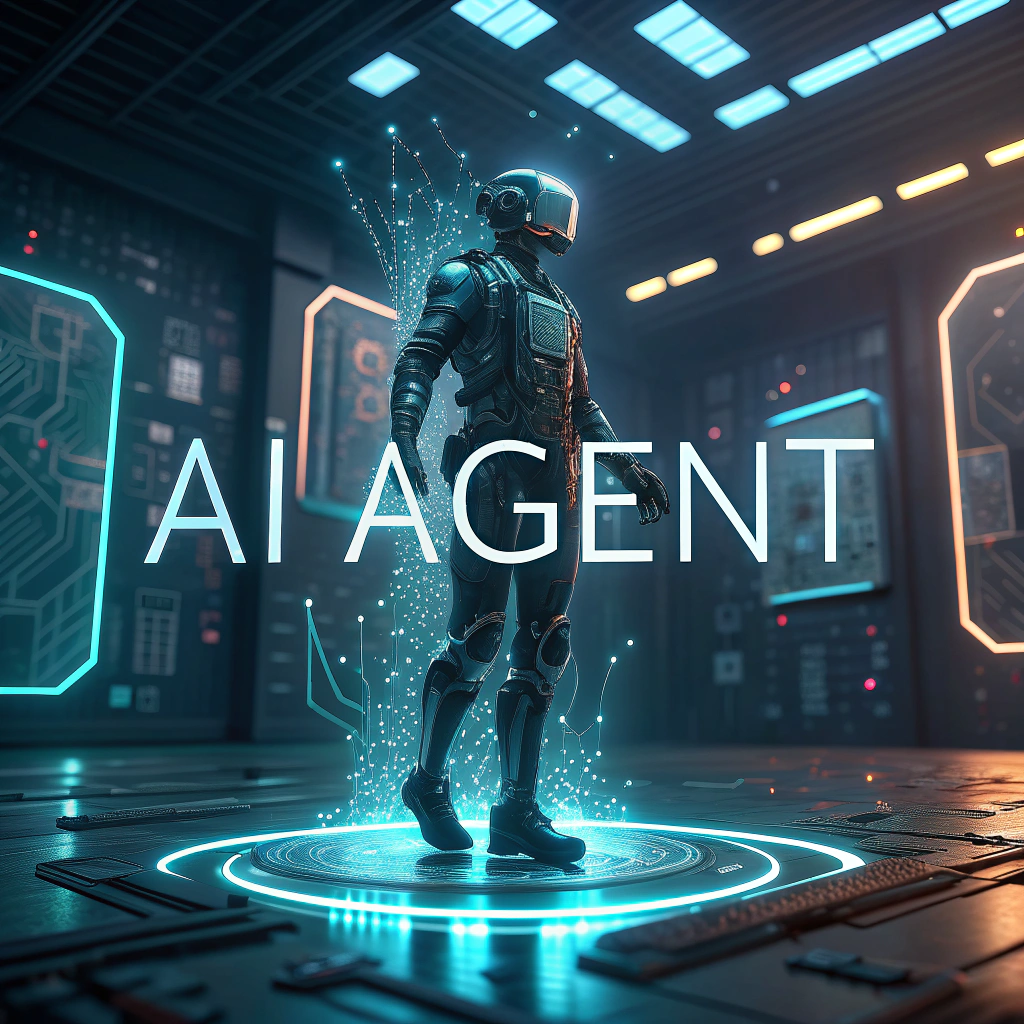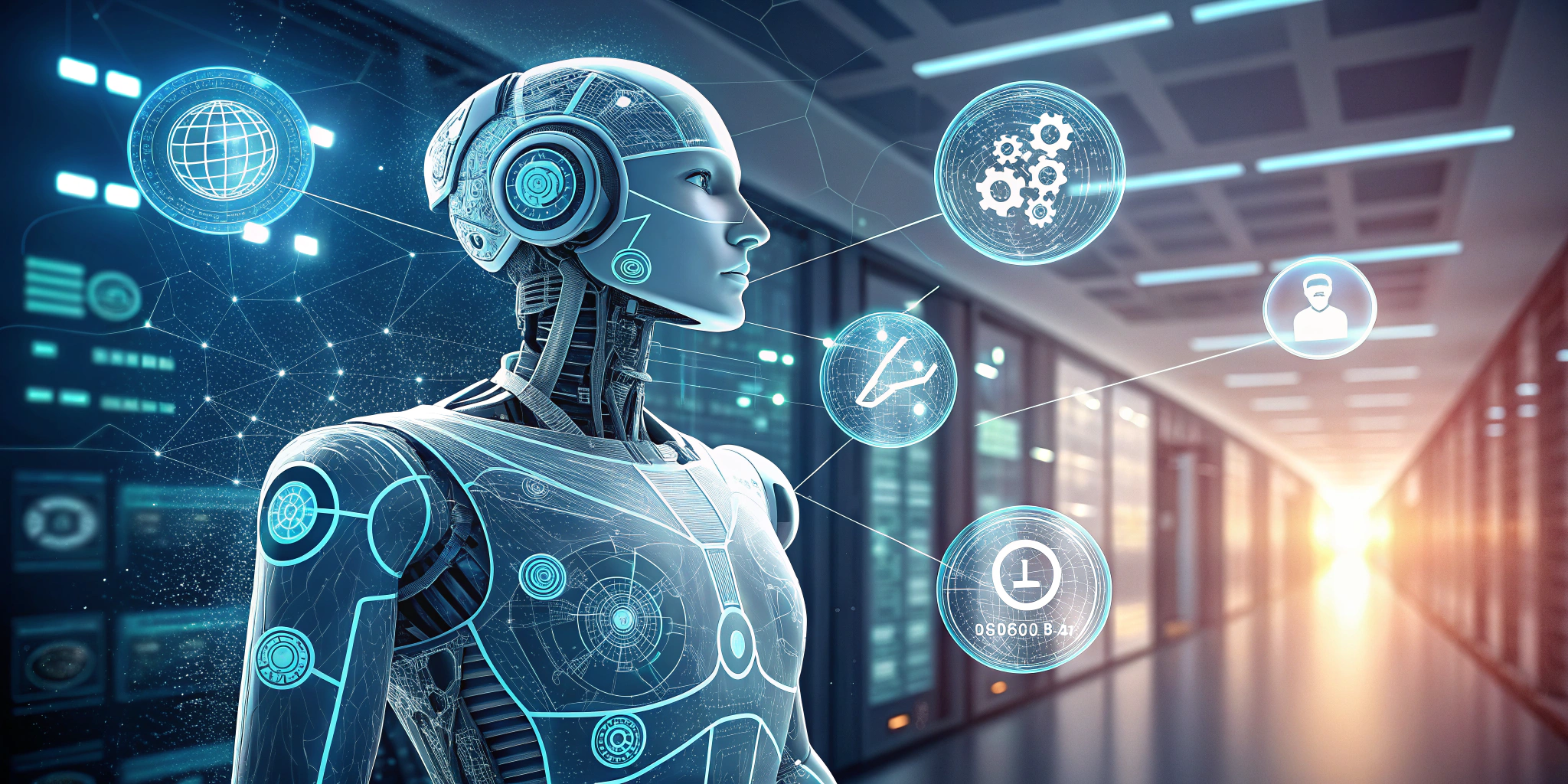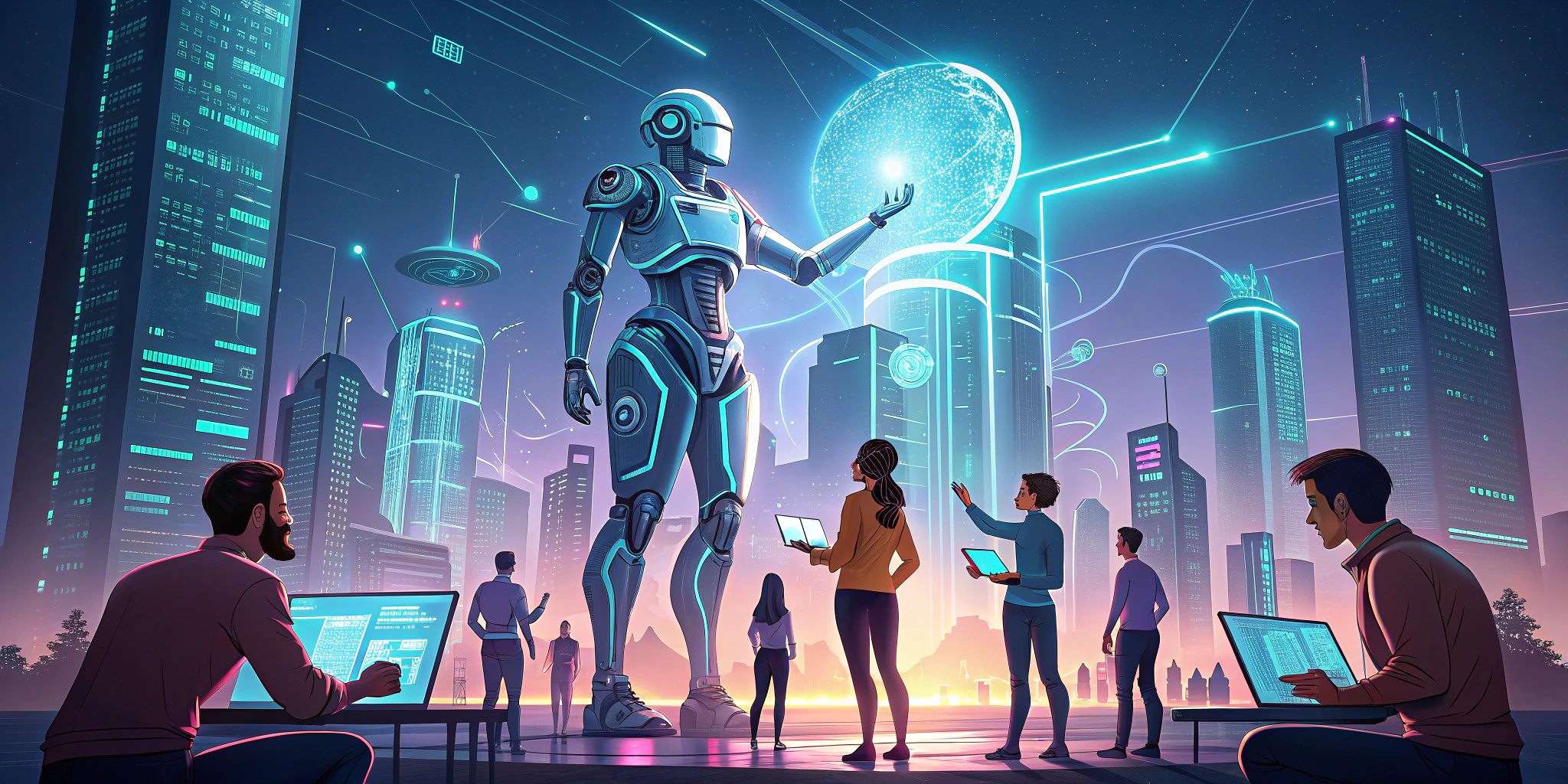AI Agents: Catalysts of the Digital Revolution

AI Agents: Catalysts of the Digital Revolution
The Role of AI Agents in SEO Content Generation and Digital Transformation
In the ever-evolving digital landscape, businesses constantly seek innovative ways to stay ahead of the competition. Among the most transformative technologies reshaping industries today are Artificial Intelligence (AI) and digital transformation. Within this realm, AI agents are playing a pivotal role, particularly in SEO content generation. This article explores the significance of AI agents in crafting SEO-friendly content, their impact on digital transformation, and the ethical considerations that come with their use.
Understanding AI Agents
AI agents are software programs designed to perform tasks autonomously. They can analyze data, make decisions, and execute actions based on predefined algorithms and by learning from new data inputs. In the context of SEO content generation, AI agents analyze vast amounts of information from search engines, social media, and other online platforms to create content that meets SEO criteria and resonates with target audiences.
The Rise of AI in SEO Content Generation
SEO (Search Engine Optimization) is crucial for online visibility. It involves optimizing web content to rank higher in search engine results, thereby increasing the chances of attracting organic traffic. Integrating AI agents into SEO processes offers numerous benefits:
- Efficiency and Speed: AI agents process and analyze data much faster than humans. They can identify trending keywords, analyze competitors, and generate content ideas within seconds, allowing businesses to respond swiftly to market changes.
- Data-Driven Insights: Leveraging machine learning algorithms, AI agents provide insights into user behavior, preferences, and search patterns. This data-driven approach ensures that content is not only SEO-friendly but also tailored to meet user intent.
- Content Personalization: AI agents customize content for different audience segments. By analyzing user data, they create personalized content that speaks directly to the needs and interests of specific groups, thereby enhancing engagement and conversion rates.
- Continuous Optimization: They continuously monitor content performance and make real-time adjustments, ensuring that content remains relevant and effective in driving traffic and achieving business goals.
AI and Digital Transformation
Digital transformation involves integrating digital technology into all areas of a business, fundamentally changing how it operates and delivers value to customers. AI agents are spearheading this transformation with capabilities that extend well beyond SEO content generation:
- Process Automation: They automate repetitive tasks, freeing up human resources for more strategic activities, which increases operational efficiency and reduces costs.
- Enhanced Decision-Making: Real-time data analytics provided by AI agents enable businesses to make swift, informed decisions in today’s fast-paced digital environment.
- Improved Customer Experience: Through AI-driven chatbots and personalized service offerings, AI agents enhance customer interactions, leading to increased satisfaction and loyalty.
- Innovation and Growth: Streamlined operations and improved customer engagement foster innovation, enabling businesses to explore new growth opportunities.
Ethical Considerations
While AI agents offer clear benefits in SEO content generation and digital transformation, there are ethical considerations that must be addressed:
- Data Privacy: Relying on vast amounts of data raises concerns about privacy and security. Businesses must comply with data protection regulations and implement ethical data practices.
- Bias and Fairness: AI systems may inadvertently perpetuate biases present in the training data. Ensuring fairness and inclusivity in AI-generated content is crucial.
- Transparency: Being open about the use of AI in content creation builds trust with consumers and stakeholders.
- Job Displacement: Automation via AI may lead to job displacement, making it important for businesses to invest in reskilling and upskilling initiatives.
The Future of AI in SEO and Digital Transformation
The integration of AI agents in SEO and digital transformation is in its early stages, holding immense potential for growth. Future developments may include:
- Advanced Natural Language Processing (NLP): Enhancements in NLP will enable AI agents to generate more nuanced and contextually accurate content.
- Integration with Emerging Technologies: AI agents may integrate with technologies like blockchain and IoT, paving new paths for innovation.
- Greater Customization and Interactivity: Future AI agents could create highly interactive and customized content experiences, driving deeper engagement.
- Development of Ethical AI Frameworks: As AI becomes more prevalent, comprehensive ethical frameworks will emerge to guide its responsible use.
Conclusion
AI agents are fundamentally transforming how businesses approach SEO content generation and digital transformation. By automating processes, offering data-driven insights, and enabling content personalization, these agents are powerful tools in driving efficiency and competitiveness. As technology evolves, addressing ethical implications such as data privacy, bias, and transparency will be essential. Ultimately, businesses that responsibly embrace AI agents will be well-equipped to thrive in the digital age.



